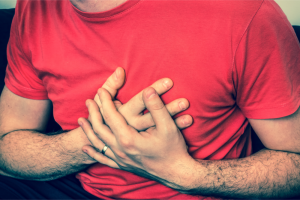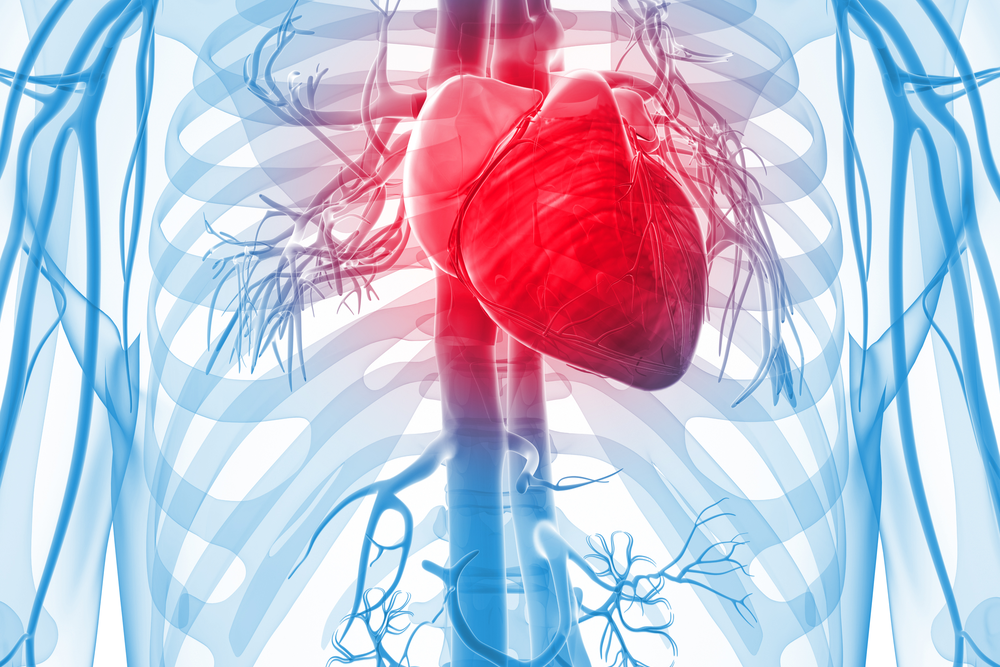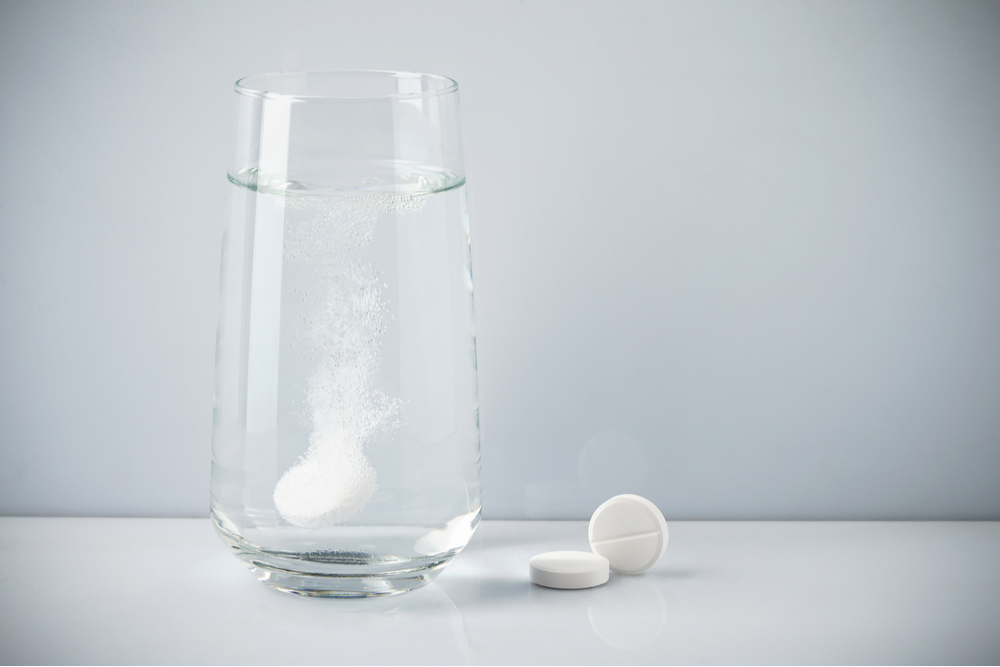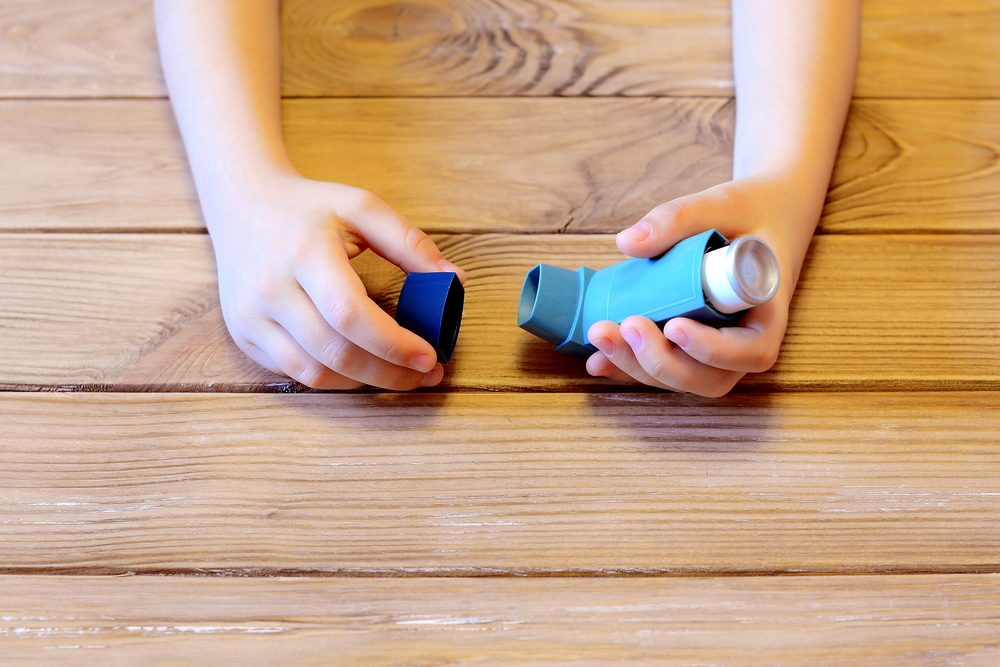Would you recognise a heart attack?
Would you recognise the symptoms of a heart attack?
- Every year, around 55,000 Australians get a heart attack, and about 9000 of these people die- that’s one per hour!
- In many cases, the heart attack comes out of the blue, with absolutely no warning signs beforehand.
What is a heart attack?
- A heart attack is when a blockage occurs in one of the blood vessels that supply the heart with blood (the coronary arteries).
- Usually this happens because a cholesterol plaque has built up inside the artery over time- this build-up ruptures and causes a blood clot to form, leading to a blockage of the artery. The heart muscle cannot get oxygen, and starts to die.
- These days, if someone is having a heart attack there are highly effective clot-busting treatments that can be carried out in hospital. These treatments aim to get blood circulation back to the heart muscle as quickly as possible.
- Early treatment reduces the risk of permanent damage to the heart, and can save lives.
The first important step is knowing the symptoms of a heart attack looks. While some people get the classic chest pain, other people may get milder or less typical heart attack symptoms.
What are the symptoms of a heart attack?
- Chest pain- heart pain usually feels like a tightness, heaviness or squeezing pressure in the chest. It can range from mild to very severe. Sometimes it can feel like bad indigestion. The pain or discomfort may spread to other parts of the upper body, most commonly the left arm, the neck, jaw and occasionally into the back or between the shoulder blades.
Other common symptoms of a heart attack include:
- Nausea
- Cold sweating
- Shortness of breath
- Dizziness or light-headedness
- General sense of unwellness, anxiety or fear
- Palpitations (an unusually prominent, racing or irregular heartbeat)
- Pain in the upper part of the abdomen (tummy).
- Sudden collapse
- Cardiac arrest
The more of these symptoms a person has, the more likely they’re having a heart attack.
What is a cardiac arrest?
- This is when the heart suddenly stops beating due to a disturbance in the electrical signals that normally make it pump.
- A heart attack can cause this to happen, but there are other causes.
- The person will collapse and stop breathing.
- In this situation, an ambulance should be called immediately.
- CPR and/or the use of an AED (automated external defibrillator) can be carried out by any trained persons present.
Heart attacks in women
Women may experience less typical heart attack symptoms. Chest pain may not be prominent- they may get abdominal pain, indigestion, extreme fatigue, pressure in the upper back, shortness of breath and light-headedness.
Are there warning signs before a heart attack happens?
- Unfortunately, many people get no warning signs at all
- Some people get symptoms in the weeks or months before a heart attack
- Angina is chest pain that happens during exertion, but stops at rest.
- Shortness of breath on exertion is also a possible warning sign.
- These symptoms should be urgently discussed with a doctor, as early medical attention may prevent a heart attack.
What to do if you or somebody else gets symptoms of a heart attack
- If a person has obvious heart attack symptoms or is rapidly getting worse: don’t wait, immediately dial 000 and ask for an ambulance.
- Some people may already know they have heart disease and are used to getting angina (chest pain) from time to time. If their symptoms are not severe, they can take a dose of their usual angina medicine (e.g. a GTN spray) and wait 5 minutes. If symptoms continue, another dose should be taken. If the symptoms persist after another 5 minutes, an ambulance should be called.
- If a person is having milder symptoms or it’s not clear what’s going on, but you think it might be a heart attack, an ambulance should be called if their symptoms don’t go away after 5-10 minutes.
It’s always better to be safe than sorry- if it’s a false alarm, there’s no harm done. But if it’s a heart attack, you’ll have gained valuable time- it could be the difference between life and death.
How to be prepared
- Being familiar with heart attack symptoms and what to do (see above).
- If you’ve had a heart attack before, or have known heart disease/angina, keep an action plan on your fridge or somewhere easy to see.
- You may wish to take out ambulance cover
- Tell your family and friends about the warning signs of heart attack and what to do
- See your doctor to have your cardiac risk factors checked.
How to reduce your risk of having a heart attack
- Quit smoking (just one year after quitting, your risk of coronary disease is cut in half!)
- Get your blood pressure checked- if it’s high, you may need treatment- speak to your doctor
- Maintain a healthy weight
- Get enough exercise – even walking for 30 minutes day will reduce your risk.
- Get your cholesterol checked, especially if you’ve got a strong family history of heart disease or stroke
- If you have Diabetes, be sure to manage it well- your GP can help you monitor your diabetic control and can help you improve it if it’s not as good as it should be.
For more information on heart health, check out https://www.heartfoundation.org.au/ or speak to your GP.
On a vegan diet?- some important things you should know
Vegan diet- a beginner's guide What is a vegan diet? A vegan diet, also known as plant-based, describes one that avoids any animal products. There are many subtypes of [...]
How to get rid of Jock Itch
How to get rid of Jock Itch What is Jock Itch? Jock Itch is a common name for the medical condition also known as "Tinea Cruris". Jock Itch is [...]
Acid reflux- what causes GORD, and how to get rid of it
Acid reflux- what causes GORD, and how to get rid of it Acid reflux is when stomach acid flows from the stomach upwards into the oesophagus. The oesophagus (us-off-a-gus) [...]
Why request an Asthma Action Plan?
Why request an Asthma Action Plan? What is an asthma action plan? A key part of asthma management is the preparation of a written asthma action plan by the [...]
How to get rid of a UTI
How to get rid of a UTI What is a UTI? UTI stands for Urinary Tract Infection (also referred to as a bladder infection or cystitis). UTIs are common, [...]
Lower Urinary Tract Symptoms in Men
Lower Urinary Tract Symptoms in Men What are Lower Urinary Tract Symptoms? ‘Lower urinary tract symptoms’ are symptoms related to passing urine and are common in men as they get [...]










